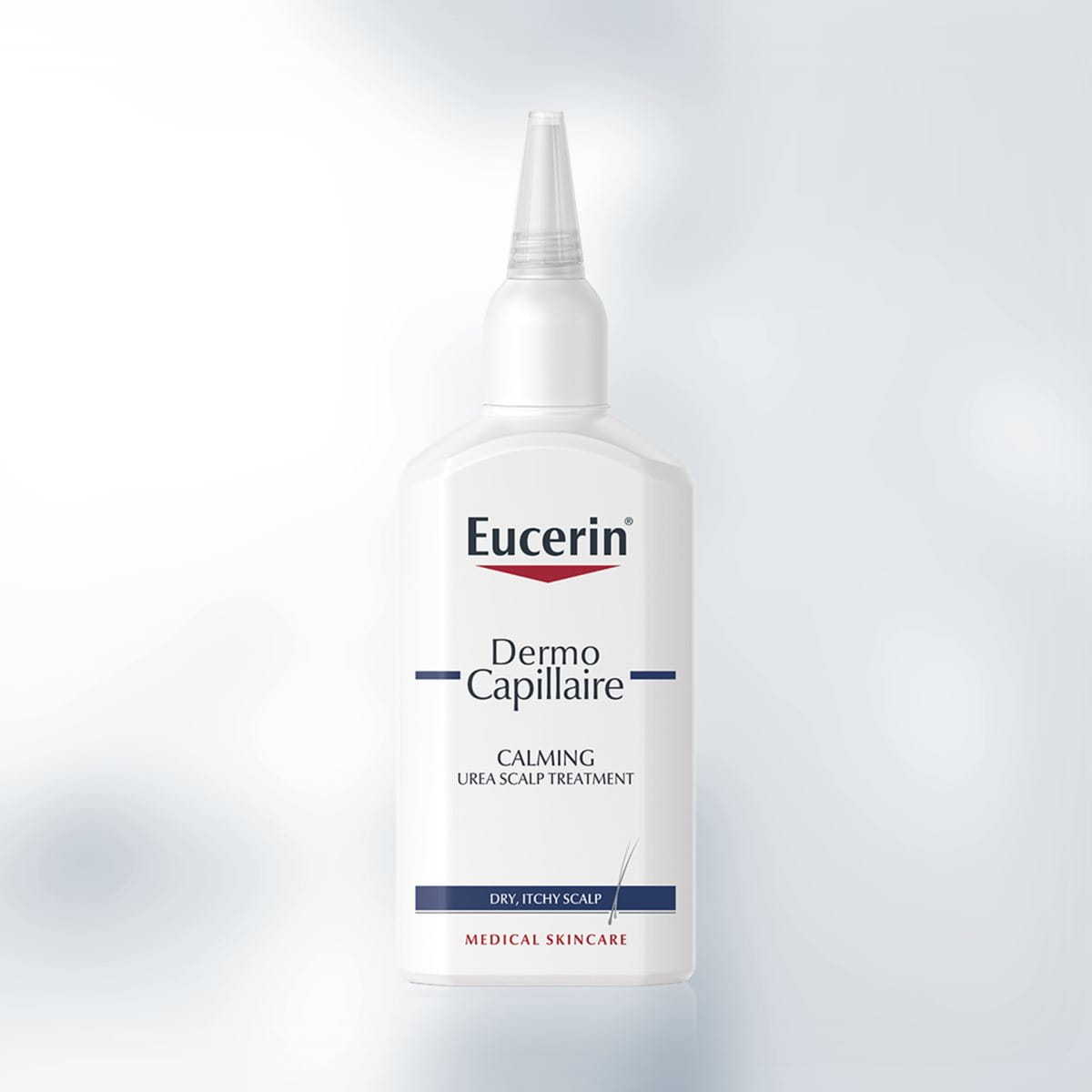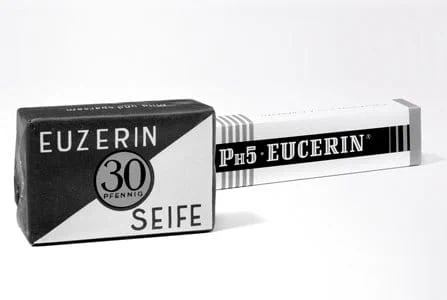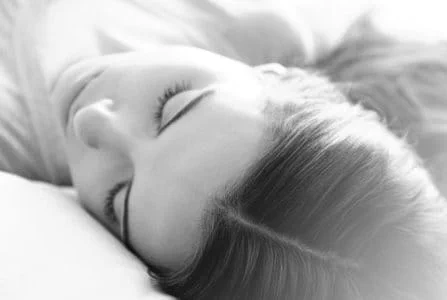We take responsibility. For your skin. And our planet.
About
Read more about our product

Clinical Formula
Urea (also known as Carbamide) is produced naturally by the skin and is part of the essential Natural Moisturizing Factor (NMF) which regulates skin’s moisture content. Urea is hygroscopic, which means it is able to bind moisture into the outermost layer of skin. It is also keratolytic, meaning helps the skin to get rid of dead skin cells dead skin cells, to make it smooth again, and has anti-itch and anti-microbial properties. As a result, it improves natural exfoliation and soothes and smoothes the skin’s surface. As a substance produced naturally by the skin, Urea is well-tolerated even by dry and sensitive skin. Because all of these effects and very good study data, Urea is the gold standard in treating of dry skin.*
* Reference: Augustin M et al., diagnosis and treatment of xerosis cutis – a position paper, JDDG 2019, DOI: 10.1111/ddg.13906
Lactic Acid (also known as Lactate) is part of skin’s Natural Moisturising Factor (NMF) and a key component of skin’s protective acid mantle which regulates the pH value of skin. It absorbs and retains moisture within the outermost layer of the skin and so plays a vital role in skin condition. It is also comedolytic.
What happens if I don’t use Eucerin DermoCapillaire Calming Urea Shampoo in conjunction with Eucerin DermoCapillaire Calming Urea Scalp Treatment?
You should still see an improvement in your dryness and itching. But, for best results, we recommend using the two products together.
Can I use Eucerin DermoCapillaire Calming Urea Scalp Treatment on my children?
Yes. Eucerin DermoCapillaire Calming Urea Scalp Treatment can be used on children over the age of three.
Can I use Eucerin DermoCapillaire Calming Urea Scalp Treatment if I have Atopic Dermatitis or Psoriasis?
Yes. Eucerin DermoCapillaire Calming Urea Scalp Treatment is an ideal adjunct care for these skin conditions. It contains two specific moisturizing ingredients, Urea and Lactate, and soothing Polidocanol and Licochalcone A to help ease itching and irritation.
How do I know if Eucerin DermoCapillaire Calming Urea Scalp Treatment is right for me?
Use this product if …
- You have a dry and itchy scalp: Eucerin DermoCapillaire Calming Urea Scalp Treatment provides intensive, long-lasting moisture while soothing itching.
- You have Atopic Dermatitis or Psoriasis: Eucerin DermoCapillaire Calming Urea Scalp Treatment is ideal for use as adjunctive or complementary care for these conditions.
- Your skin is often irritated by other scalp treatments: Eucerin DermoCapillaire Calming Urea Scalp Treatment is free from colorants, parabens, silicones, alkali soap, alcohol and fragrances.
How do I know if I should try another product?
Try a different product if …
- You’re planning to use it on a baby or very young child: Eucerin DermoCapillaire Calming Urea Scalp Treatment is suitable for children aged three or over.
- You suffer from dry dandruff, rather than a dry scalp: Try our Eucerin DermoCapillaire Anti-Dandruff Intensive Scalp Treatment.
Read also some related articles











